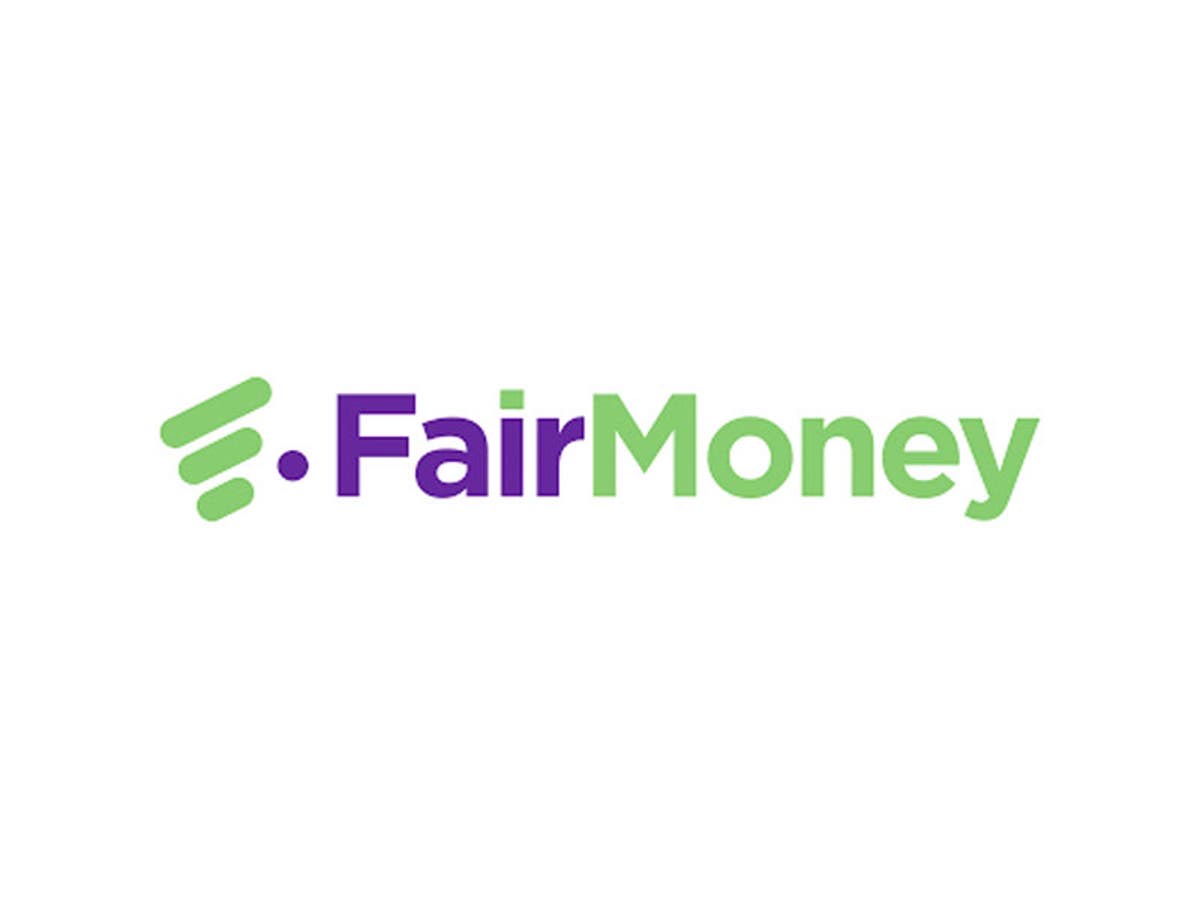As of April 2022, the financial inclusion rate in Nigeria was 64%. This means 34% of adult Nigerians have no access to financial services like payments, savings, credit, and insurance. This opportunity Fairmoney has decided to cease.
A short in the dark that has turned out pretty well for the Nigerian Fintech company that provides short-term loans by drawing on the collection of data from a borrower’s mobile phone. The customer’s creditworthiness is estimated by artificial intelligence. No documents are required, the process is 100% digital and credit can be obtained within 5 minutes, 24 hours a day, 7 days a week.
Founded in 2017 by Laurin Hainy, CEO; Matthieu Gendreau, CTO; and Nicolas Berthozat (Product co-founder), Fairmoney is currently a licensed lender with plans to make a bigger impact on the financial market.The aim of building Fairmoney is to take market share from cash and bring more Nigerians into the cashless economy.
With the innovation available as an application only on android it has attracted many users since its launch. The mobile app has already been downloaded more than 10 million times according to the Play Store.
Despite the adoption of a wide range of electronic payments, cash remains king in Nigeria. A Statista 2020 survey indicated that 77% of 1,046 Nigerian respondents still prefer cash to other transaction methods. And the annual increase in the printing of money is a sign of its continued dominance.
“It’s not hard to outperform incumbents in terms of user experience and innovation, but the biggest competition we face is quite simple: cash. We can change this mindset by building good-enough products for people without bank accounts to come online. Lending or any other route could work in this instance,” Hainy argues .
Though journey to a digital financial economy is tough, there is hope-McKinsey estimates that Africa’s financial-services market could grow at about 10 percent annually, reaching about $230 billion in revenues by 2025. The Future is still bright.






